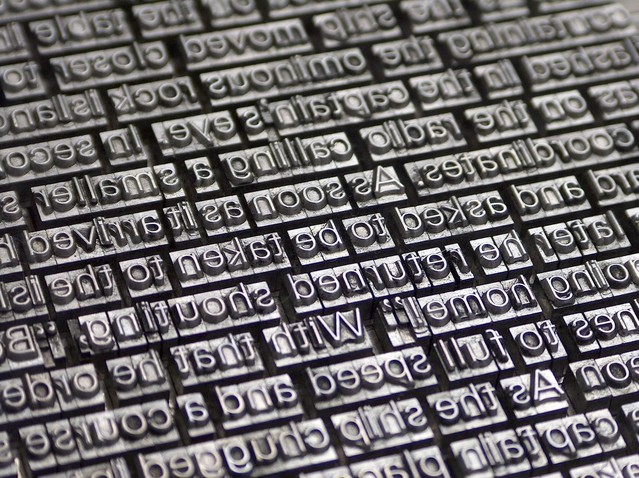 Well, maybe the title goes a bit overboard but Boyzone came pretty close to explaining how important words are in conveying feelings when they sang ” Its only words and words are all I have…”.
Well, maybe the title goes a bit overboard but Boyzone came pretty close to explaining how important words are in conveying feelings when they sang ” Its only words and words are all I have…”.
While you can use words to portray your inner feelings there is also an interdependence between feelings and words. Which means that you can also use your words to influence your feelings.
To understand this better think of a potentially difficult or uncomfortable situation you have at hand.
Now as you visualise the situation, say to yourself “I have a problem”
Not again visualise the same situation and say to yourself “I have a challenge”
Now repeat the visualisation with “I have a situation”
I would predict that your experience and feeling changes with your word choices.
If you manage a team or a business the words you use (or you see your team using) will tell you how committed you are to your goals. Our word choices stem from our subconscious and are a mirror of how we are experiences a situation internally.
When you work with goals words can influence your commitment to your outcome.
To start with watch out for these words especially when you are focussing on an important task
- Try: The word “try” when used with a commitment e.g. “I will try to do it” indicates that you may or may not do what you are talking about doing. It shows that deep inside you either feel low on motivation or are experiencing some level of self-doubt. Replacing try with “I will”has a huge impact on your likelihood of getting the task done.
- Plan: Similar to “try”, the word “plan” when used in the context of pending tasks, priorities and commitments can indicate low focus or motivation on the task. Instead, add time and date commitments to the “plan” to make it more concrete( SMART Goals 101)
- Should: When someone uses the term “should” it indicates lack of internal motivation and ownership. The word “should” shows that the person feels forced to do the task they are talking about. It generally means “I should do it but I’m not sure I will.” Replace should with “will” or “want to”.
- Just: The word “Just” can be used to belittle things important to you or someone else. For e.g saying something like” I just had a small question” indicates that your question is not important enough. In all likelihood, if the question was not important you wouldn’t want it answered. In most of such sentences dropping “just” out of your sentence makes the sentence more assertive and clarifies your actual need.
- Never: When we attach the word “never” to something it can shut off options and reduce choices. For e.g when we say ” I could never achieve that”. This sentence is not only untrue it is also something that you cannot be sure of. What you probably mean is that ” At the moment I feel I cannot do this” or “I cannot see myself doing this yet”. This opens up the possibility that you may discover new resources or options to be able to achieve your goal at some later time.
- If: “If” is a conditional term that indicates doubt. A sentence like” If you achieve your target you will get your incentives” indicates that we don’t have the confidence that the person will achieve the target. Replace “If” with “When” and read the same sentence. If now indicates that we are sure the targets will be achieved. It is only a matter of whether it will happen sooner or later.
No matter what people tell you, words can change the world. – Robin Williams
Small shifts in language can give you big shifts in your motivation, commitment and confidence.
